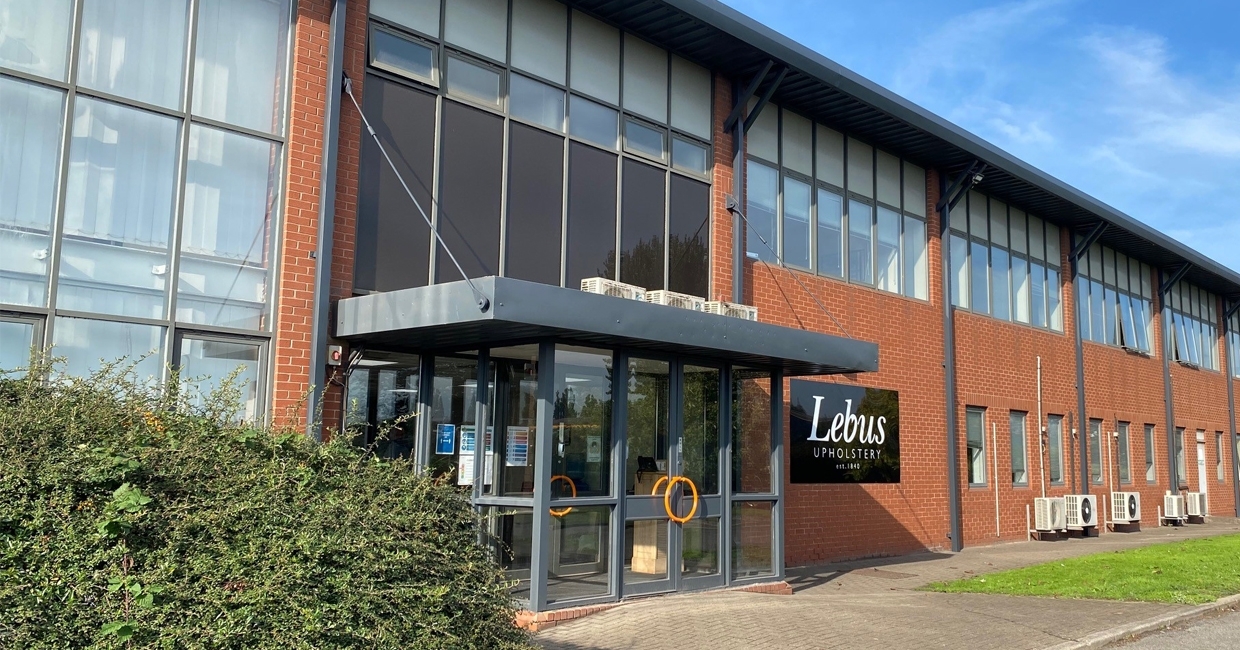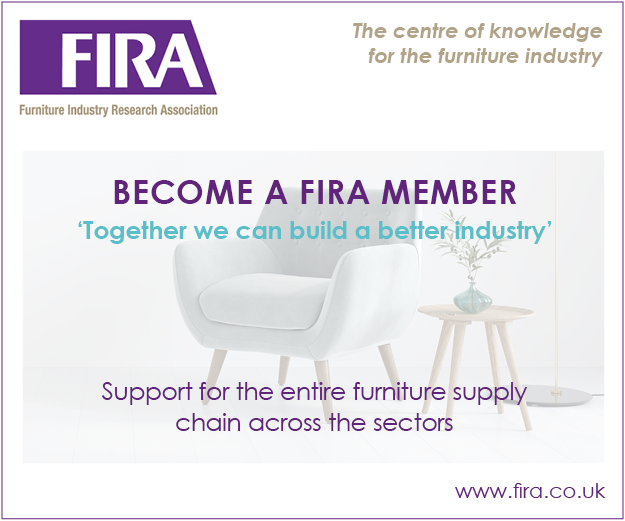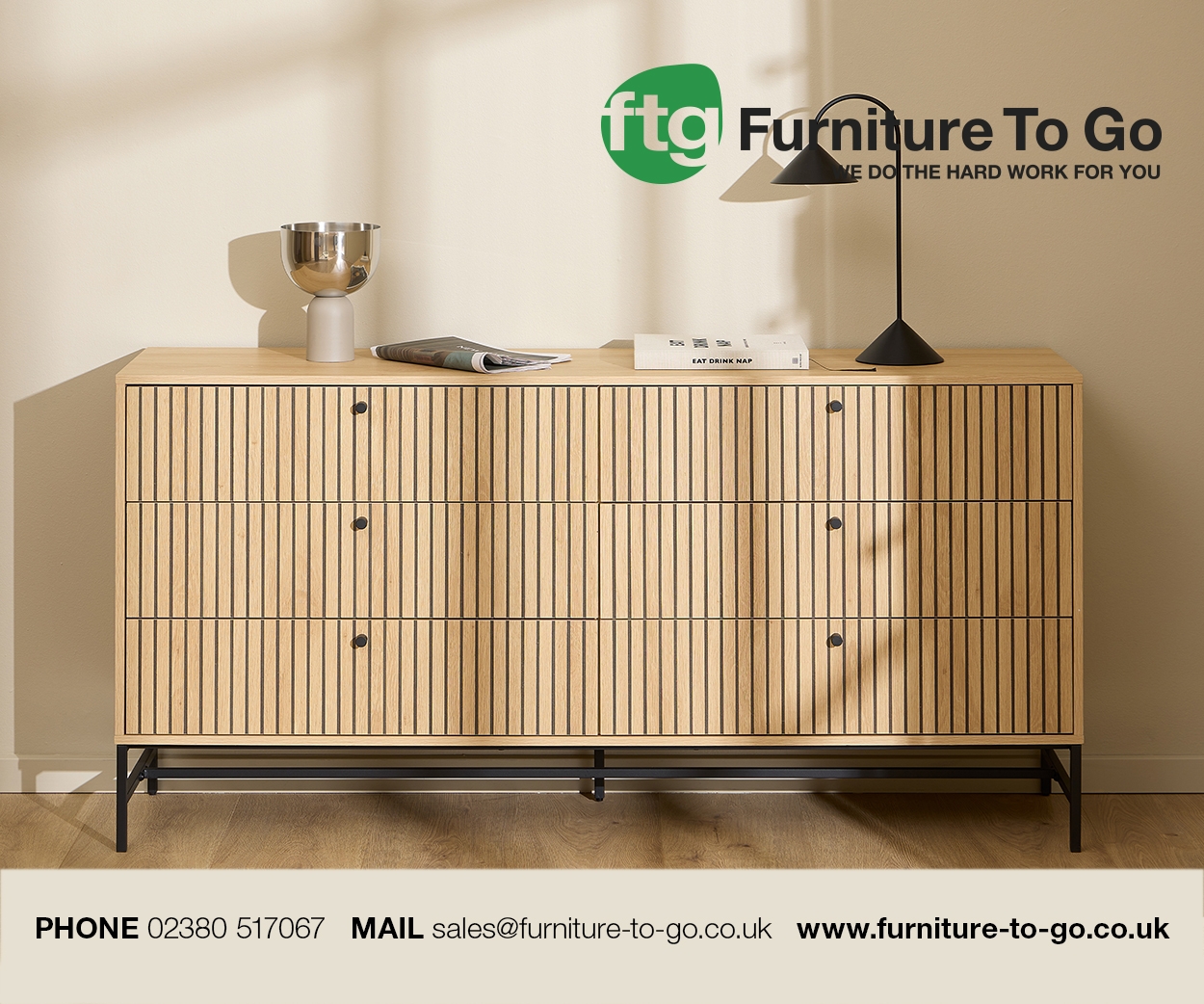When the day-to-day workload is all-consuming, it’s understandable that some fail to consider long-term staffing strategies until it’s too late – but for British sofa supremo Lebus Upholstery, the answer came at just the right time. Paul Farley discovers why MD Karl Walker believes his business is now in “the best shape ever” …
In 2018, Lebus’ managers were approached by an outside party interested in acquiring the business. “Being so busy at the coalface, we hadn’t even considered selling up before that,” recalls Karl Walker. “As it turned out, the offer just didn’t sit comfortably with us, so we walked away.”
More out of curiosity than anything else, Lebus kept in touch with accounts advisor Grant Thornton in the months that followed, and was duly informed of interests from a number of parties, both venture capitalists and trade buyers. Might Karl and his colleagues consider an amalgamation, or even an outright trade sale?
Again, the answer was a resounding ‘no’. “We associate private equity with short-term burn and debt,” says Karl. “Having come out of the Christie Tyler debacle in the early 2000s, we were all a bit scarred … it would have been easy to take the private equity route, but it probably would’ve seen the assets stripped out of the business, and it relocating it away from the Scunthorpe area.
“We didn’t want to disrupt the day-to-day running of the business, or disappear into the sunset and play golf! Yes, a sale would’ve been far more beneficial for the shareholders, but I don’t think any party could guarantee maintaining volumes or minimising impact.
“It can be easy to get blase about numbers and figures on paper, but seeing a full car park each morning, knowing there’s more than 500 people on site, you have to acknowledge your responsibilities. There’s a moral obligation to the local community.”
Yet a change was necessary. Having grown from a £15m-turnover business in 2005 to £55m, significant potential remained – but, like much of the industry, Lebus’ chiefs were, to a man, all approaching retirement age. Who would take charge once they were gone?
“In truth, none of us had seriously looked at succession,” Karl admits. “It’s the smallest, tightest board I’ve ever been involved in, and a very successful business – but we’d shied away from developing a clear, long-term strategy. And all the suitors we spoke to had a complete lack of understanding when it came to the upholstery sector.”
Coupled with these reservations was a mounting recruitment crisis, accelerated by Brexit yet fundamentally driven by a lack of new blood entering the industry. “It was evident that recruitment and labour retention was going to be a serious challenge,” says Karl. “We’d already implemented our apprenticeship academy and looked locally – and aggressively – to train the next generation of workers rather than relying on skilled EU labour, which was diminishing rapidly.”
Then Covid struck, and any talk of sales or amalgamations ceased. The global situation changed rapidly, and national manufacturers suddenly had an edge over their international rivals. For Lebus, trading proved strong despite the nation being in lockdown, reaching levels of 50-60% and proving that the brand worked online as well as in-store. “Then it went stratospheric,” says Karl.
Throughout all this upheaval and pressure, a different path came steadily into focus. Promoted by the UK Government since 2012, the Employee Owned Trust (EOT) model indirectly confers ownership of a business upon its employees. As well as offering a long-term framework which supports growth and staff retention, EOTs mean tax breaks and employee bonuses. Not dissimilar in principle to the John Lewis Partnership, and a direction taken by retailer Richer Sounds in 2019 (“I admire Julian Richer a lot,” adds Karl), it seemed the obvious solution.
“Timing is everything,” says Karl. “When we’d first explored the EOT route, container costs were £3000, and there was ample Eastern European labour – but, thanks to Covid-19, the supply chain was coming closer to home. The potential for growth was huge, but staffing was critical if we were going to stand a chance of managing the additional capacity and volumes, given the perfect storm raging around us.
In July, Lebus’ shareholders took the decision to sell 100% of their shareholding to their employees, the board members all remaining in situ and “fully committed to the business”. Karl described the EOT as “the perfect compromise”, ensuring “the continuity and integrity of the business, while fully engaging a committed workforce in the knowledge that they will all share in the future success of the company”.
A few months down the line, and some of the benefits are already coming to light.
“The new approach has already proved itself in operations, which are working so well – HR, compliance and factory management are now seeing the benefits of this approach,” Karl explains. “It’s allowed us to get our key managers involved with onward strategy, while developing a sensible exit plan for the key operators – all while maintaining the business’ existing DNA, and providing bonuses for everyone.
“We’ve already witnessed a far higher level of colleague buy-in, with productivity going up, and younger staff engaging more closely with us, knowing they have a long-term future and eager to make a difference themselves – you can feel the connection.”
Recruitment remains a challenge. Having hired 70 new members of staff already this year, Karl would like to see capacity bolstered by a further 20-25%, eyeing “double-digit growth” if executed effectively. But although the local competition for labour is fierce (Next, DFS and Wren all have manufacturing facilities nearby), Karl believes that the lure of the EOT could prove attractive.
“It’s already had a positive influence on attracting new members of senior management,” he says. “Once it starts to wash through to the factory floor, hopefully we’ll really see the benefits.”
For now, though, Karl is simply looking to make the biggest possible impact at 2022’s January Furniture Show. “In the short to medium term, there’ll be no changes at all,” says Karl, now no longer a 25% shareholder, but an employee of the trust.
He says it’s “business as usual” at Lebus. Yet it rather appears that the decision to entrust employees with company ownership, rather than just chasing the money, is far from it.
This article featured in November's issue of Furniture News magazine.











